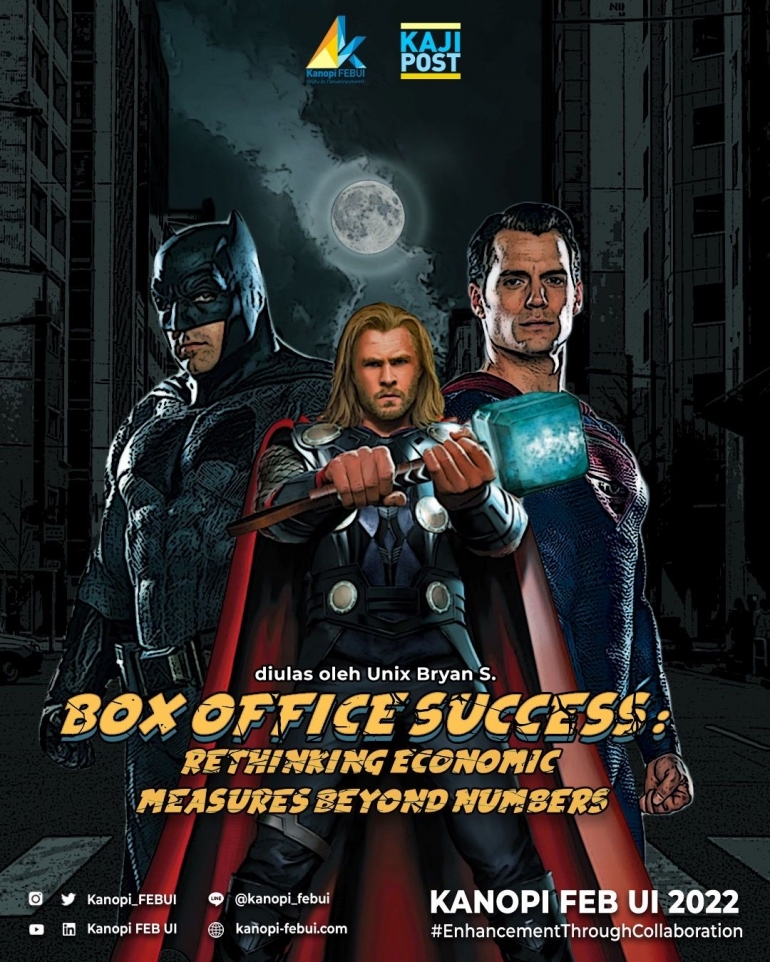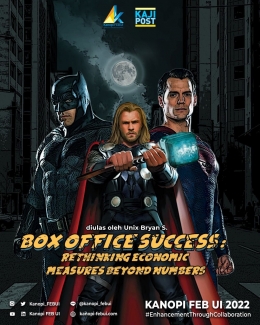There is a common assumption that if one can make money by spending it, then one must be able to make more by spending more. Studios have frequently attempted to accomplish this, such as by employing more famous actors and directors. But in reality, gathering the highest paid actors and spending big money does not always guarantee success at the box-office.
The hype is there, but the expectation to perform is even higher. When movies flop, you have examples like the DCEU, where after Batman V Superman polarized audiences, the next blockbuster they released (Justice League) was an even bigger bomb. On the other side, while famous actors and actresses may attract larger audiences, the expense of recruiting those stars tends to cancel out any additional profit that may be gained (Topf, 2010).
So rather than seeking popularity through increased budgeting, studios should simply focus on choosing the suitable actors. With this shift in focus, the films might have a higher probability of being organically better, as well as potentially receiving better audience and reviewer evaluations. This has a significant impact, since one good film may truly change a person's preference. That is to say that a die-hard fan's behavior, particularly in the film business, may be persuaded that results in brand loyalty and a more sustainable cinematic success.
The Case of GDP and Life Quality
When you look at the bigger picture, this quantitative versus qualitative measure spans in real economic dimensions. GDP is one of the most accurate illustrations of this. GDP, or gross domestic product, is the standard measure of the value added created through the production of goods and services in a country during a certain period (OECD).
Modern economies and politicians have utilized the "high growth equals high welfare" narrative to sway public opinion. This is strikingly similar to how gross box office is reported, since they employed pure quantitative data to try to explain a performance indicator. However, the issue with GDP, like gross box office, is that it does not take into account the true opinions of people who live in the real world.
GDP ignores aspects such as happiness levels and satisfaction indexes, which cannot be calculated yet are a significant component of welfare and well-being. It is critical to recognize GDP's limitations and widen our concept of well-being to encompass a society's quality of life. In the context of this article, it is intended that readers would see the flawed metric of gross box office and begin rethinking our measure of success with quality over quantity.
---
Unix Bryan Sadikin | Economics 2021 | Staff of Kanopi FEB UI Studies Division 2021/2022
---
Bibliography
Cea, M. (2019, May 29). The way we measure a movie's success is outdated. GQ. Retrieved April 20, 2022, from https://www.gq.com/story/the-way-we-measure-a-movies-success-is-outdated










